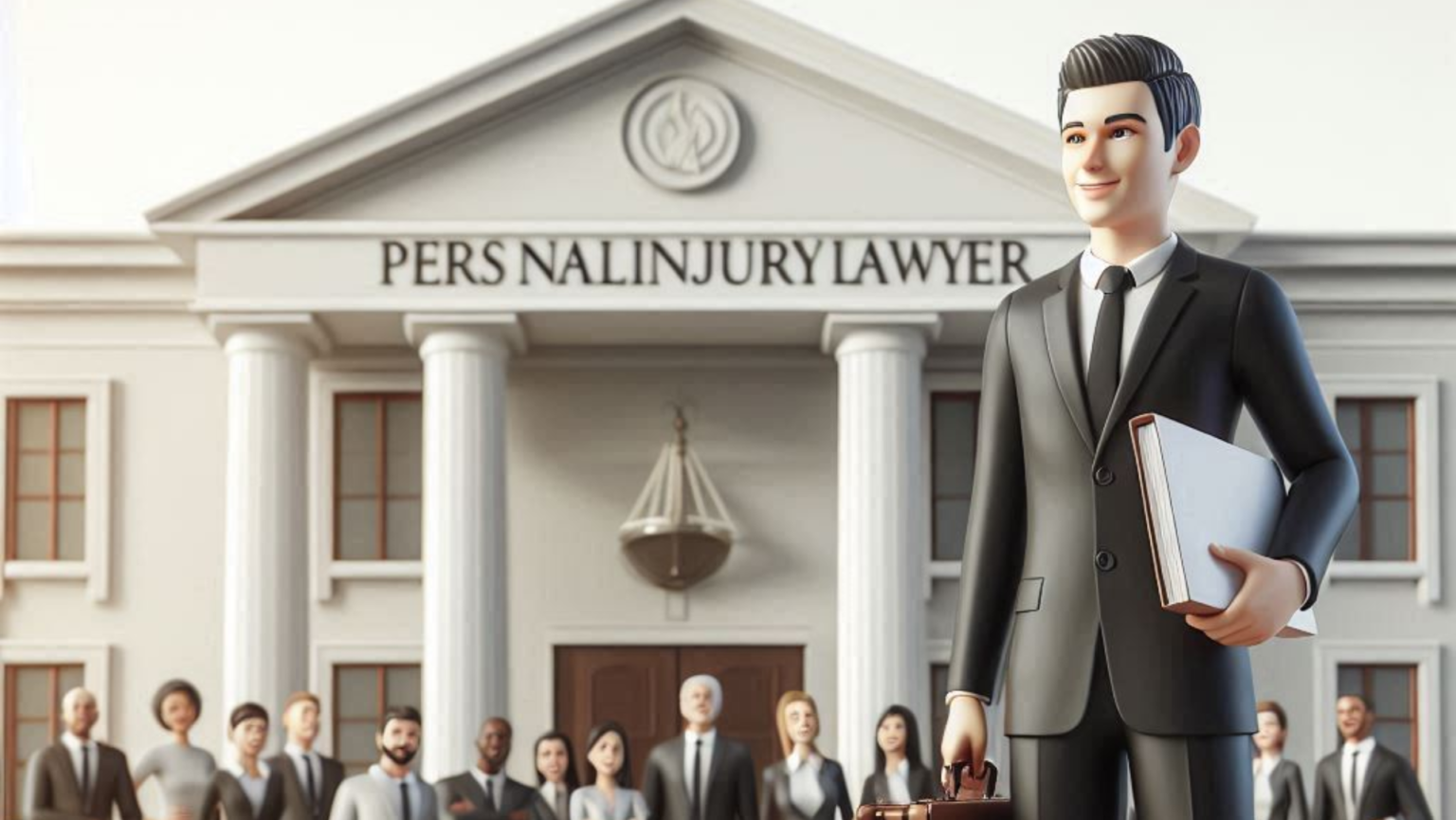Personal injuries can significantly disrupt your life, leading to physical pain, emotional distress, and financial burdens. Securing fair compensation through a personal injury settlement can help alleviate these burdens and provide the resources needed for recovery. This comprehensive guide will walk you through the process of obtaining a fair settlement, from understanding the basics of personal injury claims to negotiating and finalizing your settlement.
Understanding Personal Injury Settlements
What Is a Personal Injury Settlement?
A personal injury settlement is an agreement between the injured party (plaintiff) and the responsible party (defendant) or their insurance company to resolve the claim without going to trial. The settlement typically involves the payment of an agreed-upon amount to cover medical expenses, lost wages, pain and suffering, and other damages.
Benefits of Settling a Case
Settling a case can offer several benefits, including:
- Faster Resolution: Settlements can be reached more quickly than court verdicts, providing timely financial relief.
- Reduced Stress: Avoiding a lengthy trial can reduce emotional and psychological stress.
- Certainty: Settling ensures a guaranteed compensation amount, whereas trial outcomes can be unpredictable.
- Lower Costs: Legal fees and court costs are generally lower in settlements compared to trials.
Steps to Secure a Fair Settlement
Seek Immediate Medical Attention
After an injury, seeking immediate medical attention is crucial. Not only does this ensure your well-being, but it also provides necessary documentation of your injuries. Medical records are essential evidence in your claim, demonstrating the extent and impact of your injuries.
Gather Evidence
Collecting evidence is vital for building a strong case. This includes:
- Photographs: Document the accident scene, your injuries, and any property damage.
- Witness Statements: Obtain contact information and statements from witnesses who can corroborate your account.
- Official Reports: Secure copies of police reports, incident reports, or any other official documentation related to the accident.
Consult a Personal Injury Lawyer
Hiring an experienced personal injury lawyer can significantly enhance your chances of securing a fair settlement. A lawyer can help you understand your rights, evaluate the strength of your case, and guide you through the legal process. They can also communicate with insurance firms and negotiate on your behalf.
Building Your Case
Detailed Documentation
Keep comprehensive records of all expenses linked to your injury. This includes:
- Medical Bills: Keep all receipts and bills for medical treatments, medications, and therapies.
- Lost Wages: Document any time missed from work and calculate lost earnings.
- Additional Costs: Record any other expenses incurred, such as transportation to medical appointments or home care services.
Demonstrating Liability
Proving the defendant’s liability is crucial for a successful settlement. Your lawyer will gather evidence to show that the defendant’s negligence or intentional actions caused your injuries. This may involve:
- Accident Reconstruction: Experts may be used to recreate the accident and demonstrate how it occurred.
- Expert Testimony: Medical experts can provide testimony regarding the extent and impact of your injuries.
Negotiating a Settlement
Initial Demand Letter
Your lawyer will draft a demand letter to the defendant or their insurance company outlining your injuries, the evidence supporting your claim, and the compensation amount you are seeking. This letter serves as the starting point for settlement negotiations.
Counteroffers and Negotiations
Expect the insurance company to respond with a counter-offer. Negotiations may include multiple rounds of offers and counter-offers. Your lawyer will advocate on your behalf to reach a fair settlement that covers all your damages.
Finalizing the Settlement
Settlement Agreement
Once an agreement is reached, your lawyer will review the settlement terms with you to ensure they meet your needs. The settlement agreement will detail the compensation amount and any other conditions. Ensure you fully understand and agree to the terms before signing.
Receiving Compensation
After signing the settlement agreement, the compensation will be disbursed. This process typically involves:
- Payment Processing: The defendant or their insurance company will process the payment.
- Legal Fees: Your lawyer will deduct their fees and any other costs from the settlement amount.
- Final Payment: You will receive the remaining compensation, which you can use to cover your expenses and support your recovery.
Conclusion
Securing fair compensation through a personal injury settlement requires a thorough understanding of the process, diligent evidence gathering, and effective negotiation. By seeking immediate medical attention, consulting an experienced lawyer, and meticulously documenting your case, you can enhance your chances of achieving a favorable settlement. This guide provides a roadmap to help you navigate each step with confidence, ensuring your rights are protected and your recovery is supported.

